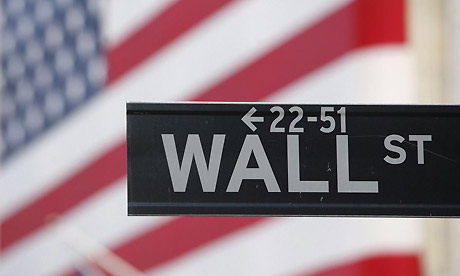OTC Business Solutions
New York Ft. Lauderdale
Los Angeles
954-254-9064

The difference between a non-trading or thinly traded public shell and a trading public shell can be as simple as marketing and market awareness. A non-trading or thinly traded public shell has very little volume in the trading of its stock, and accordingly the stock price can be extremely volatile. The price of the stock will be affected by small amounts of trading activity. In addition, non-trading public shell is sometimes used to describe a company which has filed a registration statement but never made application for a trading symbol and is not traded over the counter or on any exchange
If a stock is not trading due to a lack of market awareness and promotion, an Issuer can contract with an investor relations firm that will disseminate reports on the company's activities in order to build investor awareness. These reports can be distributed to brokerage firms, financial professionals, the media or directly to investors. It is imperative that the accuracy and wording of these reports be reviewed by experienced corporate legal counsel before being disseminated. The investor relations aspect of the securities industry has become increasingly regulated over the past five years.
In addition, a Company must be aware of its obligations under Regulation FD (Fair Disclosure). Regulation FD provides that information may not be selectively disclosed. Accordingly, if information is provided to an investor relations firm for public dissemination; such information must be issued via business wire or other mass press release company, at the same time it is distributed to brokerage firms or financial professionals. With the inception of Regulation FD, it is very important that any Company embarking on a campaign to bring attention to its business and/or its stock, consult with legal counsel.
In the event that a stock is not trading because the Company has not applied for a symbol or taken other measures to initiate the services a market maker, it may be necessary to file a 15c2-11 with the NASD. A 15c2-11 is an application to trade on the over the counter markets. The same application is used to apply to trade on the pink sheets and the bulletin board. The 15c2-11 application is filed by a market maker on behalf of an issuer. Although the application is relatively short and simple, the market maker is required to provide numerous exhibits, including financial statements, shareholder lists and officer and director questionnaires. Market makers are prohibited from charging a fee for the filing of the application, and accordingly, the Company's counsel usually assists in completing the application and its exhibits.
Upon approval of the 15c2-11 application a market maker is allowed to “make a market” in a security including soliciting buy and sell orders. A stock is not prohibited from trading on the pink sheet exchange prior to the filing of a 15c2-11 application, however any such trading must be unsolicited. A Company that trades on the pink sheets without the filing of a 15c2-11 application has become known as a Grey Sheet.
Shells vary greatly in quality and price and can range from $50,000 to $1,000,000 or even more. When negotiating for the purchase of a shell, the age of the corporation, the state of incorporation as well as the number of shareholders and amount of liabilities should be taken into consideration. Although not as significant, trading history also plays a factor in the decision-making process.
Most critically, it must be ascertained on which exchange the shell qualifies to be listed or on which aspect of the over the counter market. For instance, although both over the counter markets, Bulletin Board shells fetch a greater price than those that trade on the Pink Sheet. A shell that comes equipped with more than 300 shareholders is highly coveted due to the fact that it qualifies for trading on the NASDAQ Small Cap market or American Stock Exchange.
